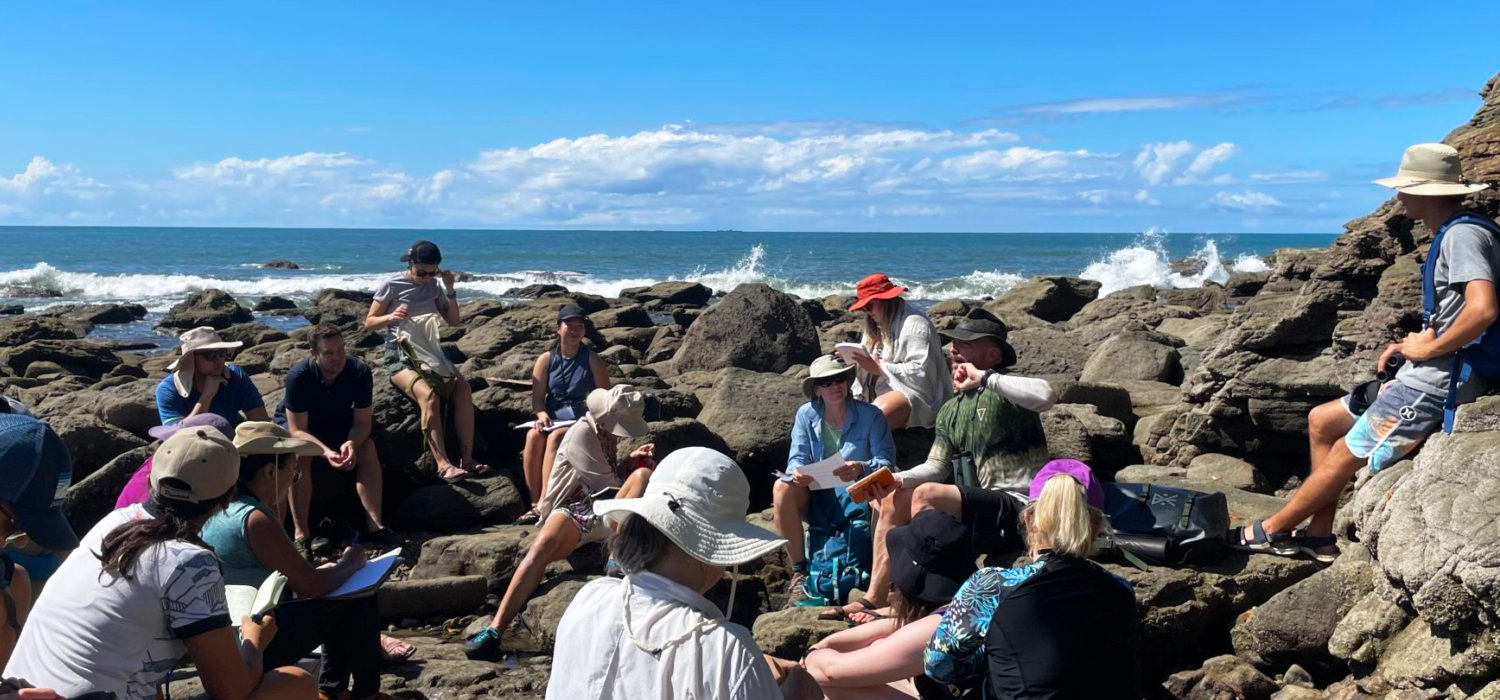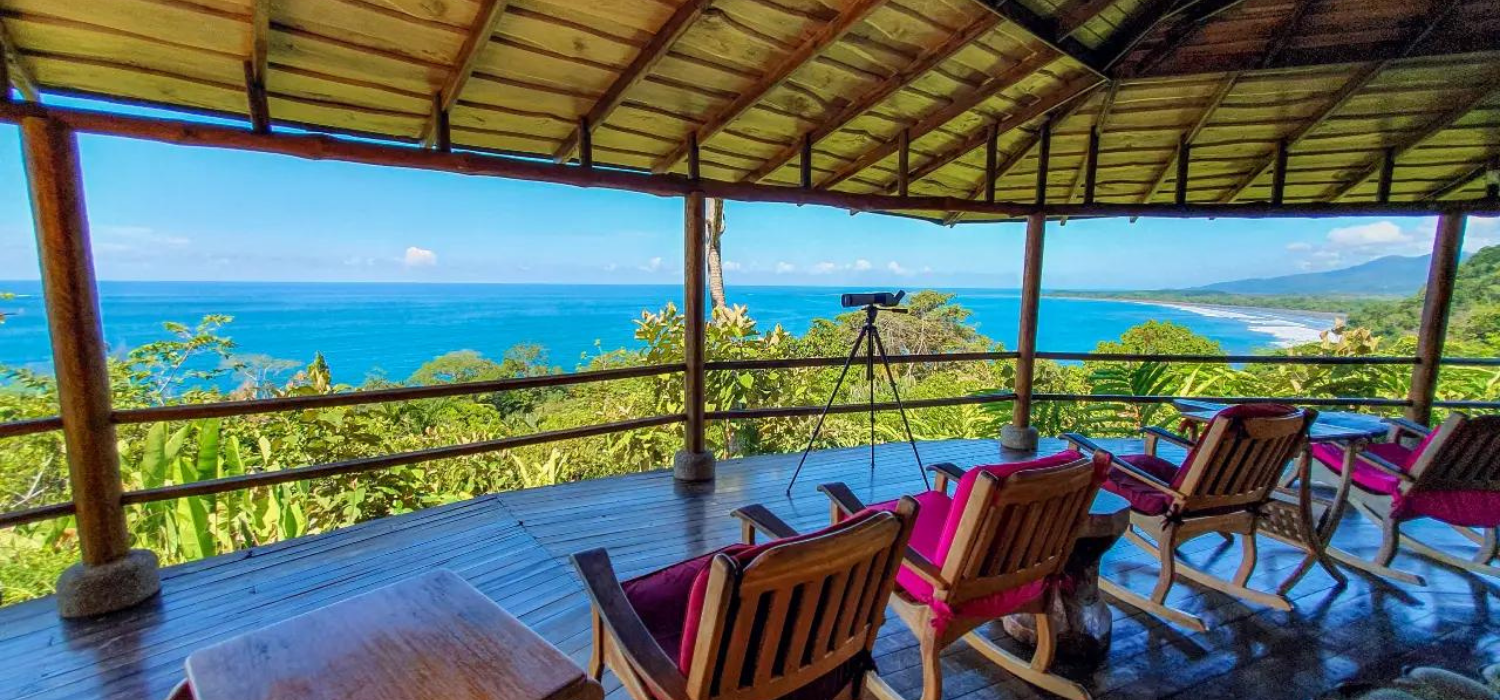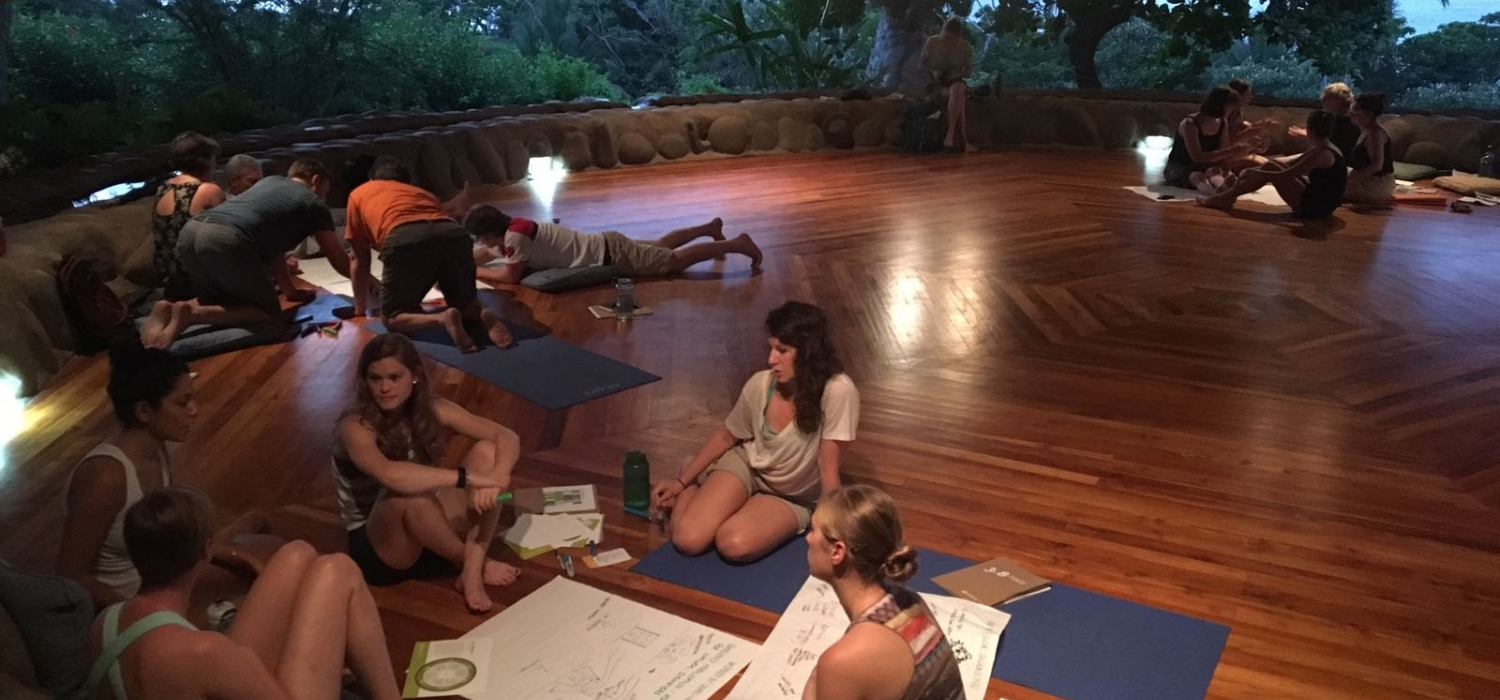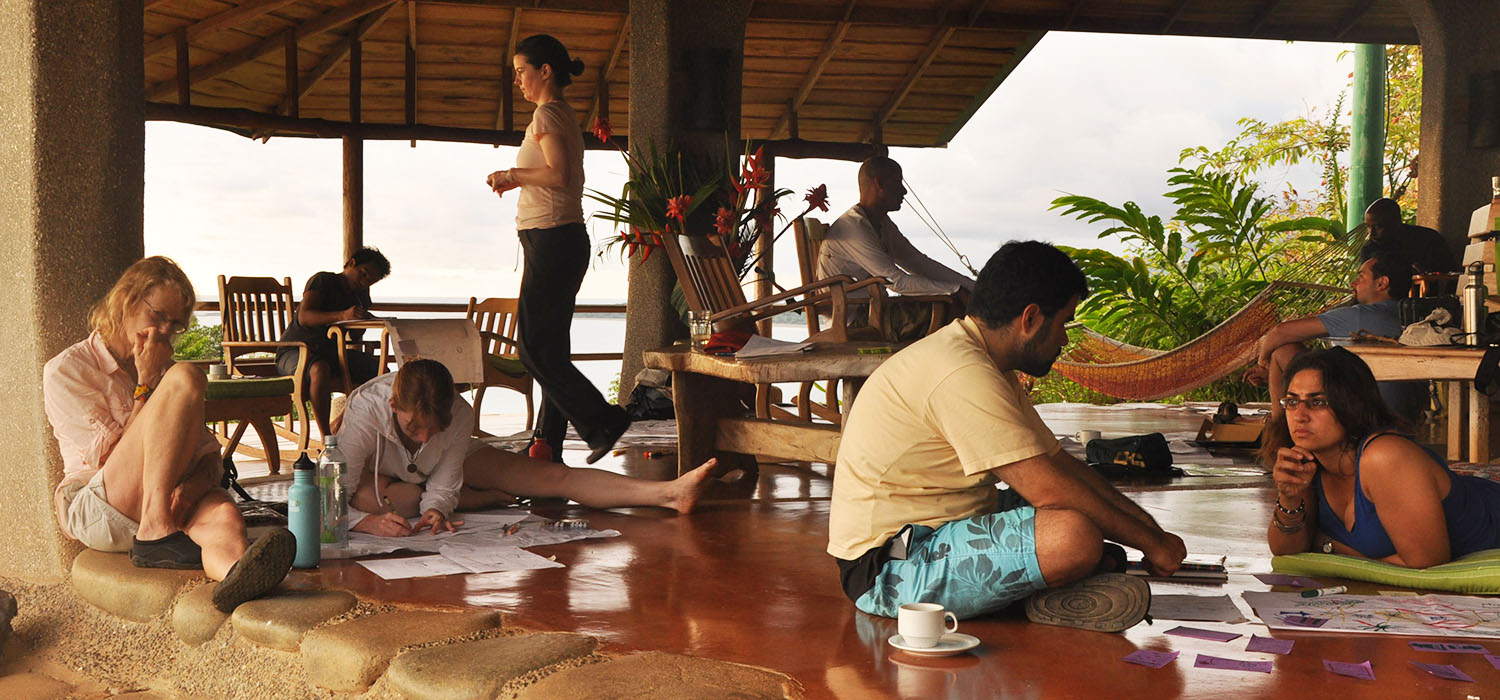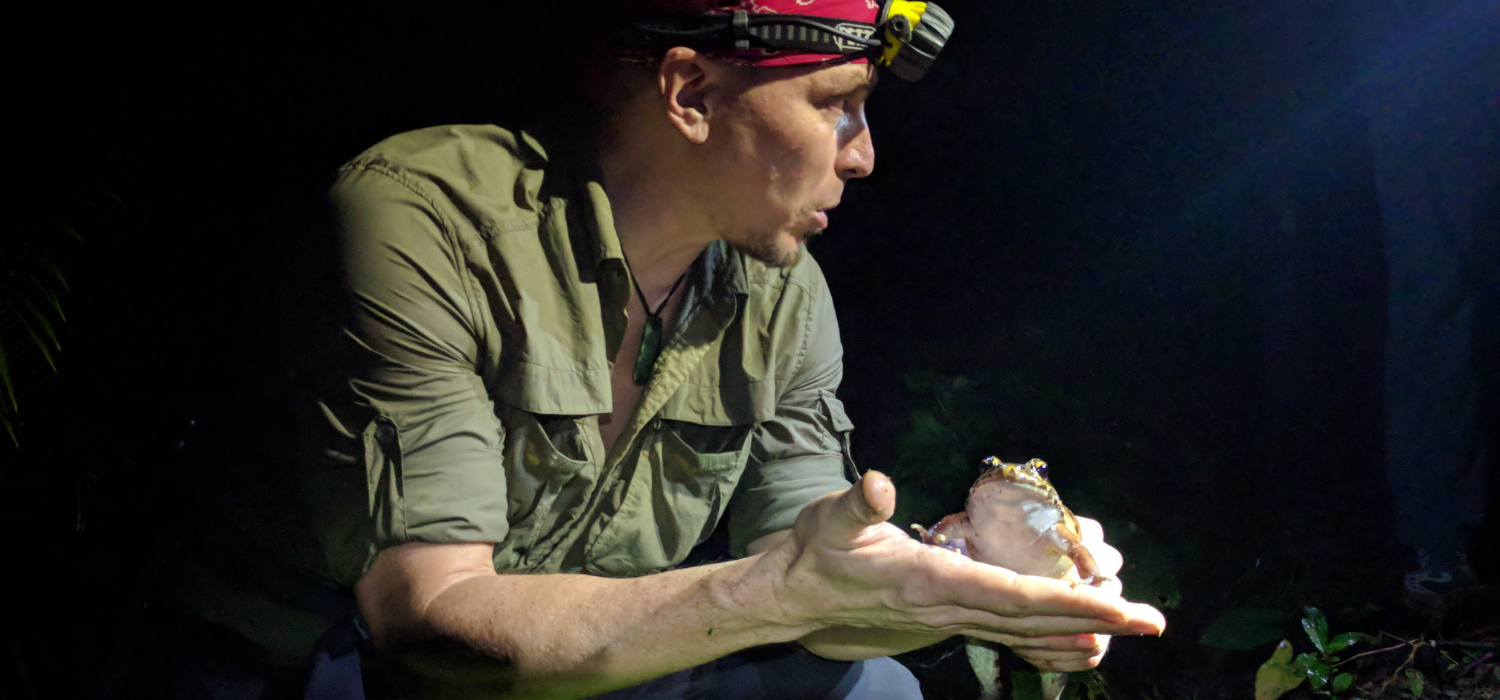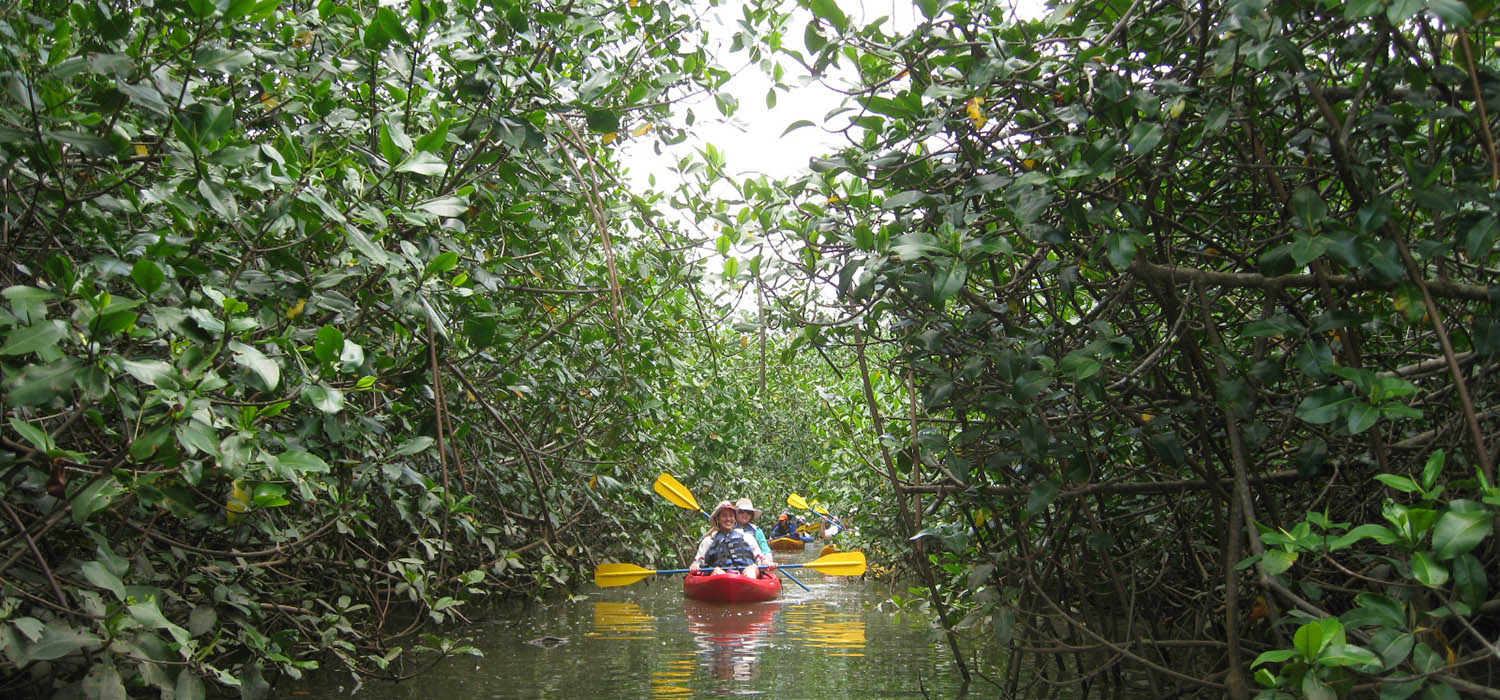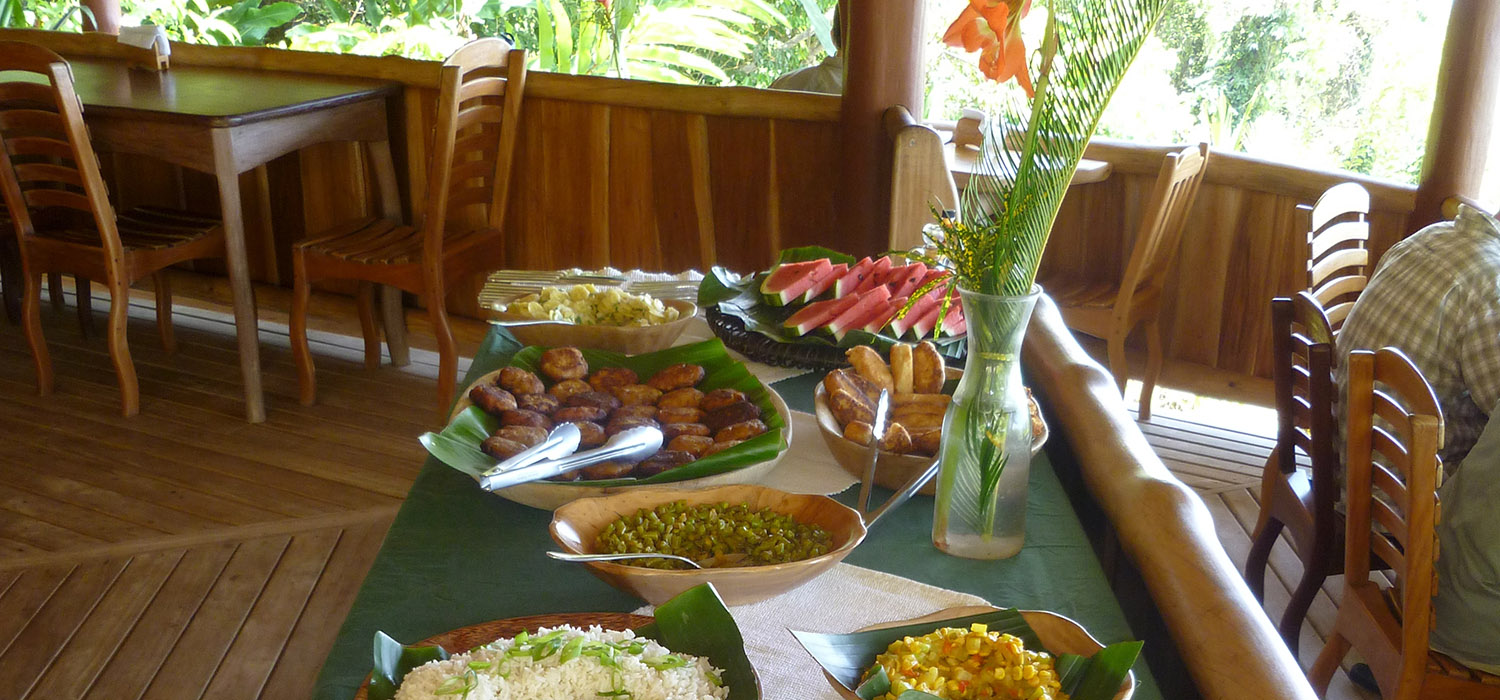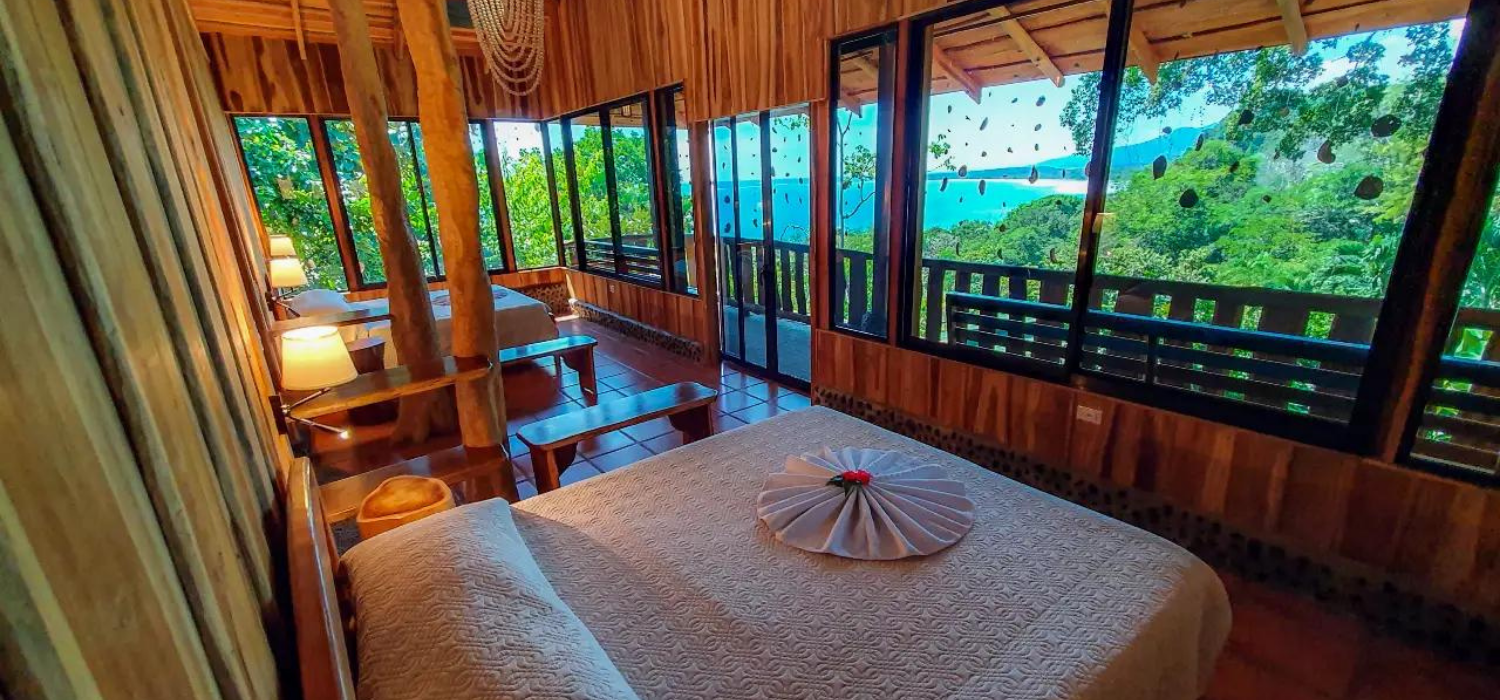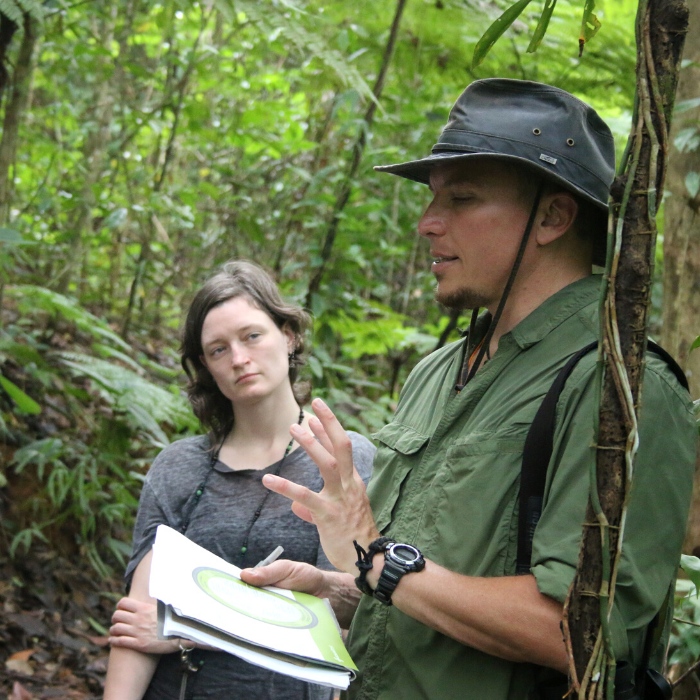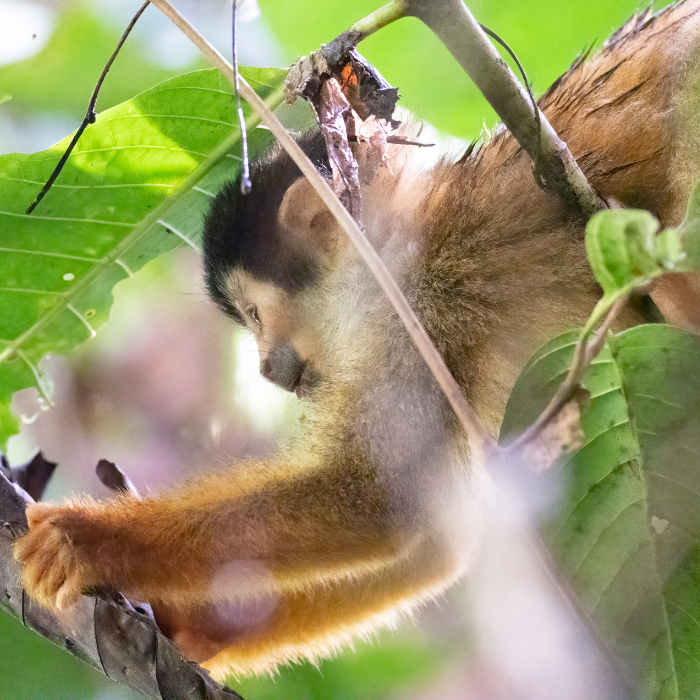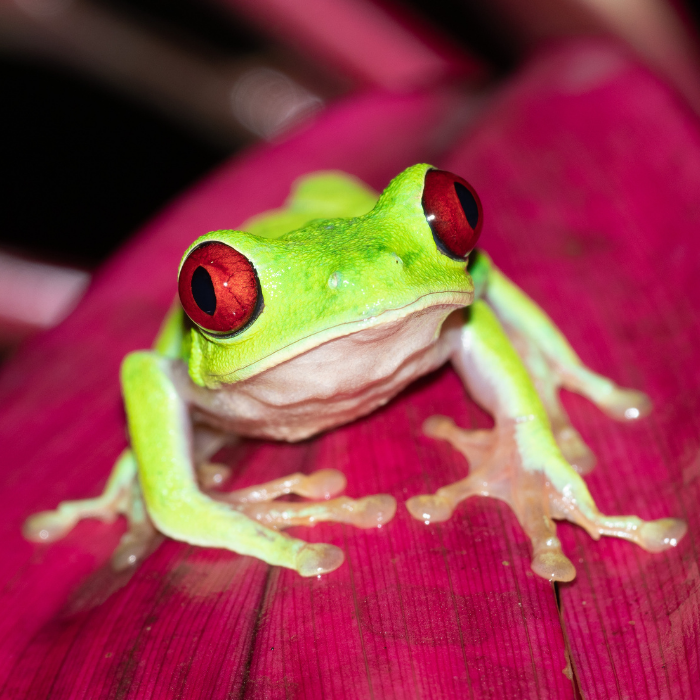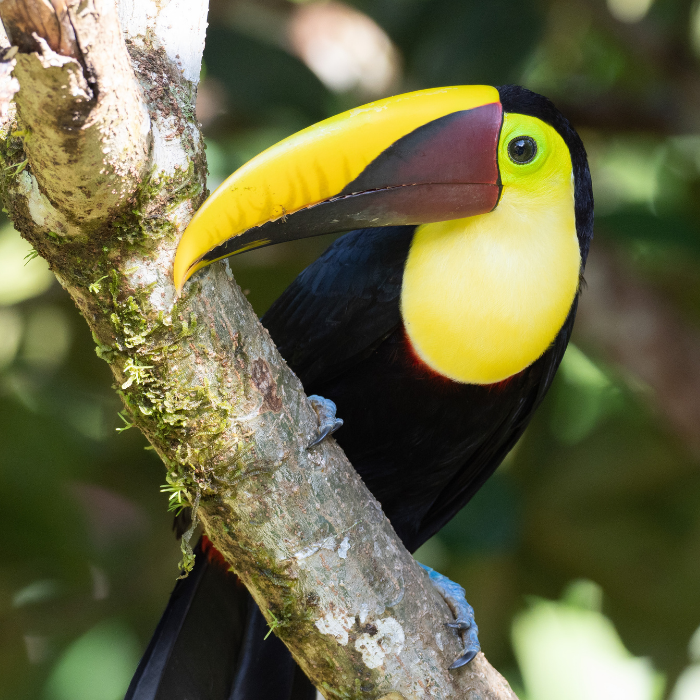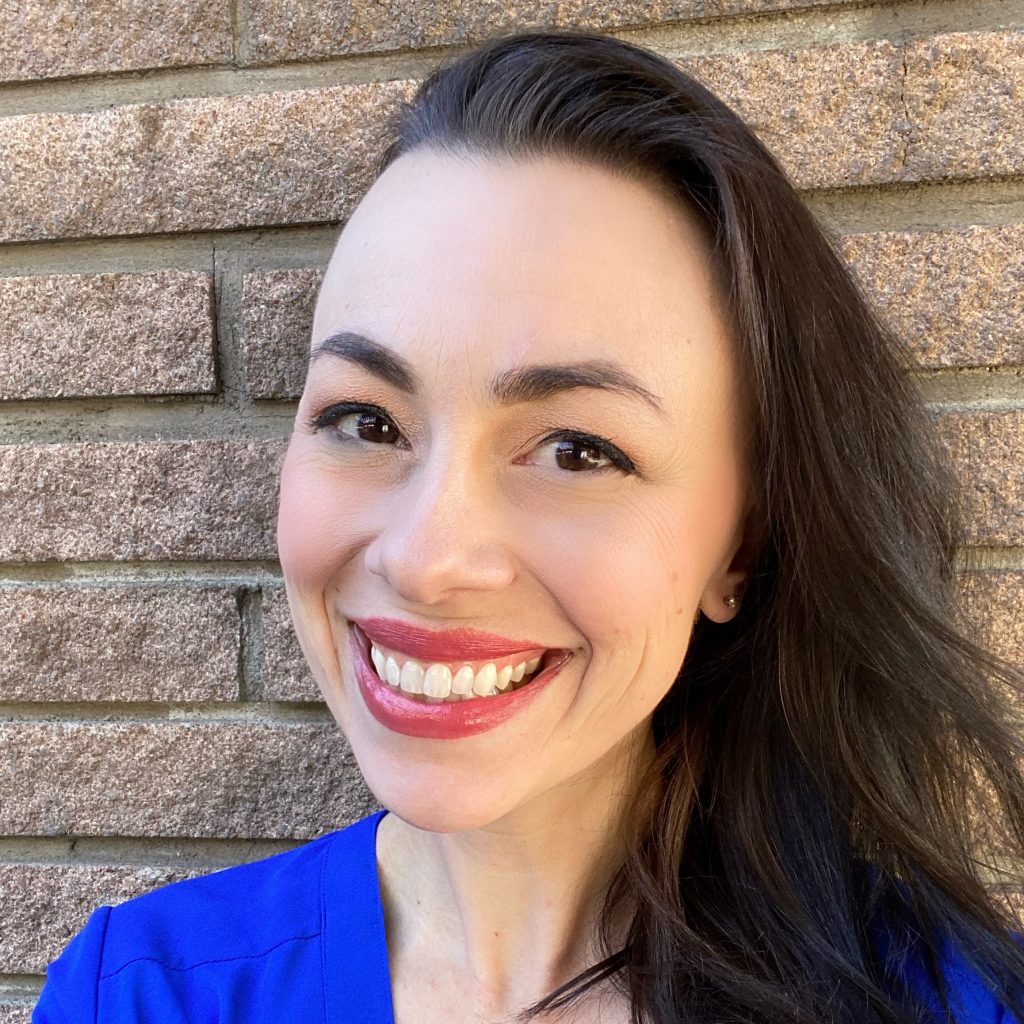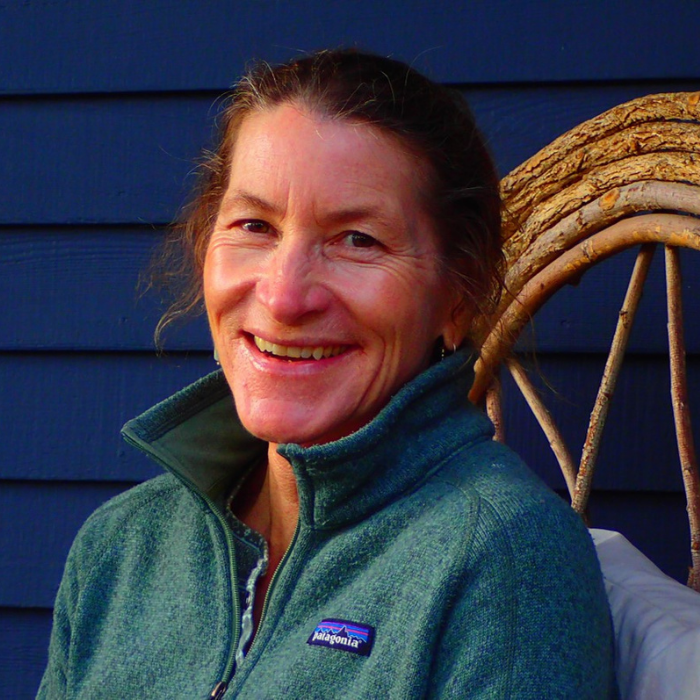The all-inclusive price for the workshop includes overnight accommodations for six nights; all activities during the week; delicious, locally harvested breakfasts, lunches, dinners, and snacks; tuition and course materials; transportation from the San Jose, Costa Rica (SJO) International Airport; and administration costs. A variety of accommodations are available at La Cusinga Lodge to meet your needs and budget, from bunk rooms to private en suite rooms. See photos of the rooms on La Cusinga’s website.
Participants are responsible for the cost of travel to and from the San Jose, Costa Rica (SJO) Airport and any needed lodging and transportation before and after the workshop.
All of La Cusinga’s rooms are built from sustainable reforested wood and designed for your comfort. Each room has a stunning view of the Pacific Ocean, the Ballena Marine National Park and the rainforest. Walk to the private beach, take a dip in the waterfall fed swimming hole or the swimming pool during your down time.
All rooming types are limited and available on a first come, first served basis.
Shared bunk room | $4,350
These large rooms have bunk beds, a private bathroom, and a terrace. There will be a maximum of 4 people in each room.
Shared room ensuite | $4,500
These shared rooms have two queen beds and a private en suite bathroom with a balcony or patio. You can request a roommate or we will assign you a roommate of the same sex.
Private room ensuite | $4,750
These deluxe rooms provide a comfortable queen or king size bed and your own en suite bathroom and either a balcony or patio.
